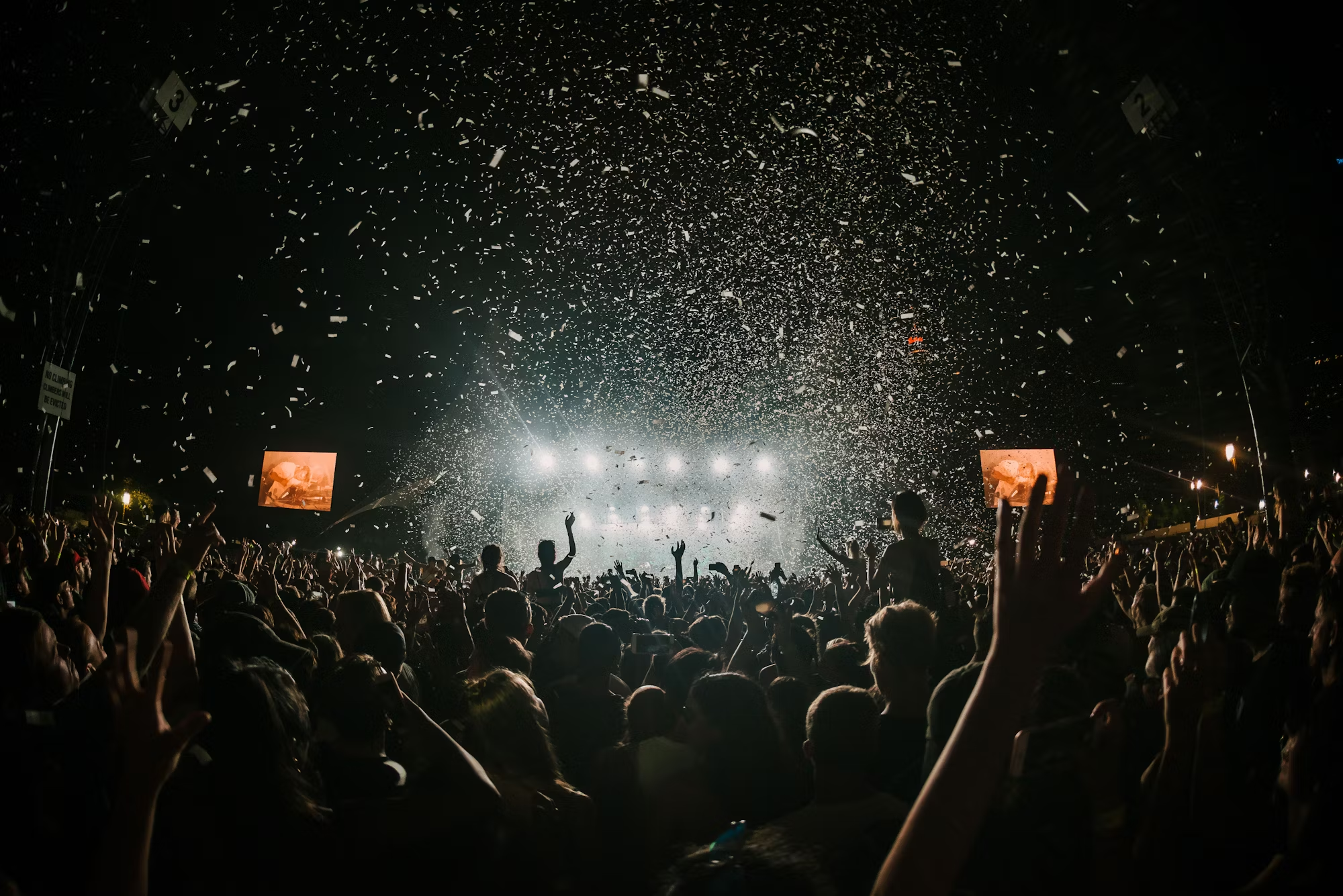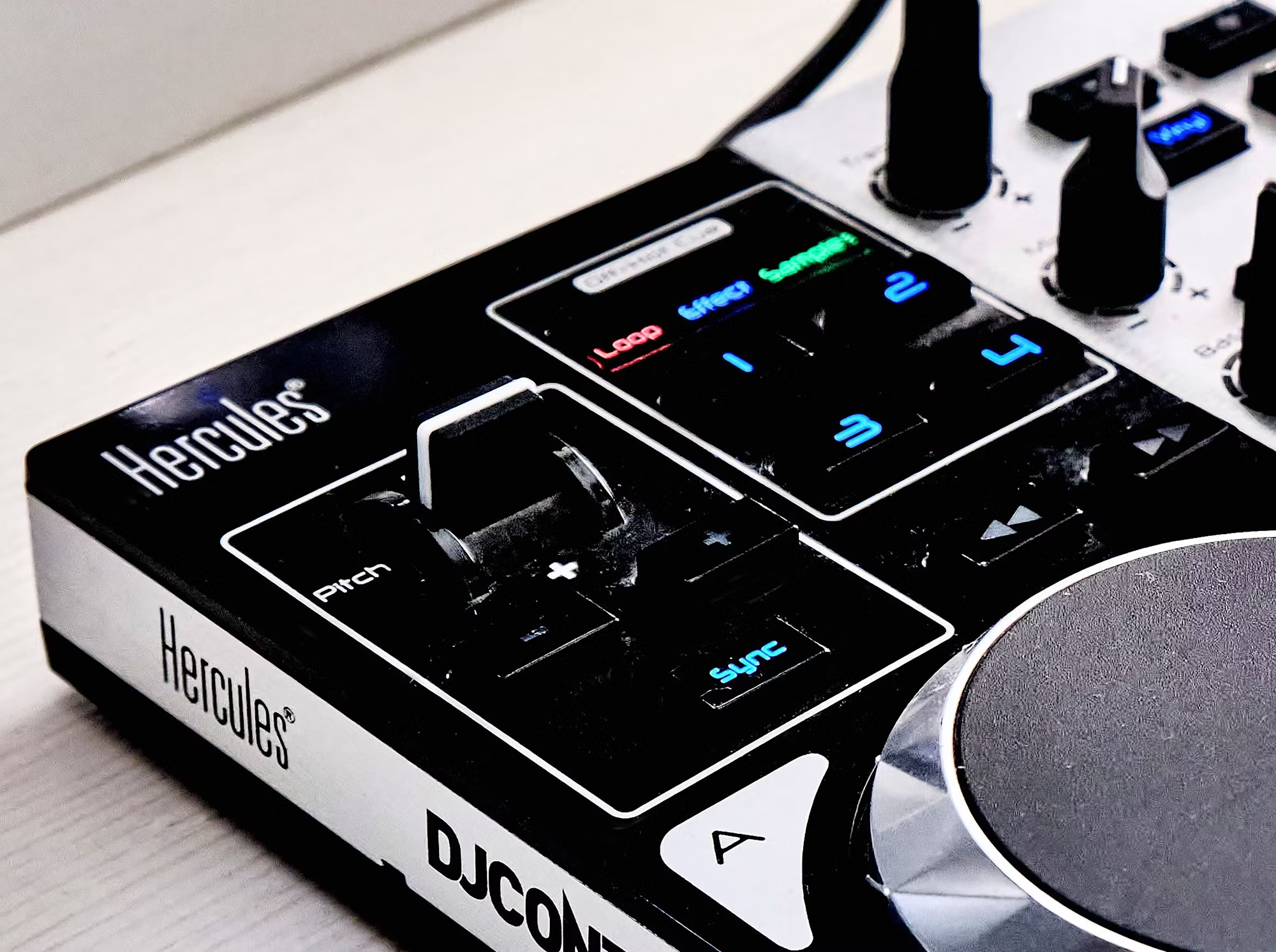Music festivals have become a vibrant and essential aspect of contemporary culture, bringing together diverse audiences to celebrate art, community, and shared experiences. From their humble beginnings to the colossal events we see today, music festivals have evolved significantly, reflecting broader social trends and technological advancements. This article delves into the history of music festivals, their cultural significance, and how they continue to foster connection and creativity across generations.
The Origins of Music Festivals
The concept of gathering to celebrate music can be traced back to ancient times. In various cultures, music was an integral part of festivals that honored seasonal changes, religious practices, and communal rituals. For instance, ancient Greece hosted musical competitions during the Dionysia festival, where playwrights and musicians showcased their talents to honor the god of wine and fertility.
Fast forward to the 20th century, and we see the modern music festival beginning to take shape. The Newport Folk Festival, established in 1954, is one of the earliest examples, spotlighting emerging folk artists and promoting the folk revival movement. This festival laid the groundwork for future events, emphasizing community and artistic expression.
The Summer of Love and the Rise of Counterculture
The 1960s marked a turning point for music festivals, coinciding with the counterculture movement. The iconic Woodstock Festival in 1969 epitomized this era, attracting over 400,000 attendees and featuring legendary performances by artists like Jimi Hendrix and Janis Joplin. Woodstock became synonymous with peace, love, and music, representing a generation’s desire for change and community.
Festivals during this time were not just about music; they were platforms for social change, echoing the sentiments of a generation that sought to challenge the status quo. The spirit of Woodstock inspired numerous festivals worldwide, paving the way for a new approach to music celebration.
Cultural Exchange and Diversity
As music festivals proliferated, they began to reflect a wider array of musical genres and cultural influences. The Glastonbury Festival, founded in 1970 in England, showcased a diverse lineup of artists, from rock to electronic to world music. This emphasis on diversity allowed festivals to serve as cultural exchange hubs, where attendees could experience different musical traditions and forms of expression.
The globalization of music also played a significant role in this evolution. Festivals began to incorporate international acts, introducing audiences to genres such as reggae, Afrobeat, and K-pop. This blending of styles not only enriched the festival experience but also fostered a sense of global community among attendees, bridging cultural divides through shared love for music.
The Impact of Technology
The rise of technology has transformed the music festival landscape in unprecedented ways. Advancements in sound engineering, stage design, and visual effects have elevated the concert experience, allowing artists to push creative boundaries. Festivals like Coachella, held in California, exemplify this trend, featuring elaborate stages and immersive environments that captivate audiences.
Moreover, social media has revolutionized how festivals connect with their audiences. Platforms like Instagram and Twitter allow fans to share their experiences in real-time, creating a sense of community even before attendees arrive. This connectivity has also led to the phenomenon of ‘FOMO’ (fear of missing out), driving ticket sales and participation.
The Rise of Eco-Consciousness
As awareness of environmental issues has grown, many music festivals have adopted eco-friendly practices. Events like the Green Man Festival in Wales and the Bonnaroo Music and Arts Festival in Tennessee emphasize sustainability by implementing initiatives such as waste reduction, recycling programs, and local food sourcing. This shift reflects a broader cultural movement towards sustainability, demonstrating how festivals can lead by example in promoting environmental stewardship.
Festivals have also become platforms for social and political advocacy, addressing issues ranging from climate change to social justice. Artists and organizers use their platforms to raise awareness, encouraging attendees to engage with important causes while enjoying the music.
The Future of Music Festivals
Looking ahead, music festivals will continue to evolve, influenced by changing cultural landscapes and technological innovations. The COVID-19 pandemic temporarily disrupted live events, pushing many festivals to adapt by exploring virtual experiences. Online festivals became a viable alternative, allowing artists to connect with audiences around the globe without physical limitations.
As live events return, there will likely be a hybrid model, combining in-person experiences with digital accessibility. This approach not only broadens audience reach but also enhances inclusivity, allowing people who may not be able to travel to participate in these celebrations.
Conclusion
In conclusion, music festivals are more than just events; they are celebrations of culture, community, and creativity. From their historical roots to their modern-day significance, festivals have played a crucial role in shaping musical landscapes and fostering connections among diverse audiences. As we move into the future, the continued evolution of music festivals will reflect our shared humanity, reminding us of the power of music to unite, inspire, and create lasting memories.
As we gather to celebrate at these events, we honor the rich tapestry of cultural expression that music provides, ensuring that the spirit of community and connection remains alive for generations to come.





